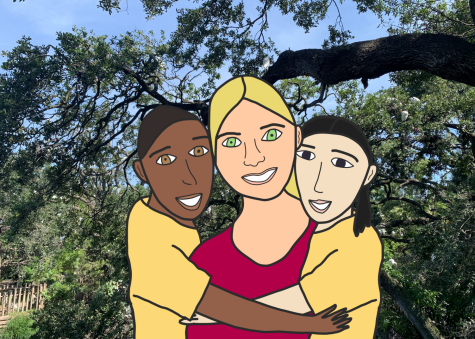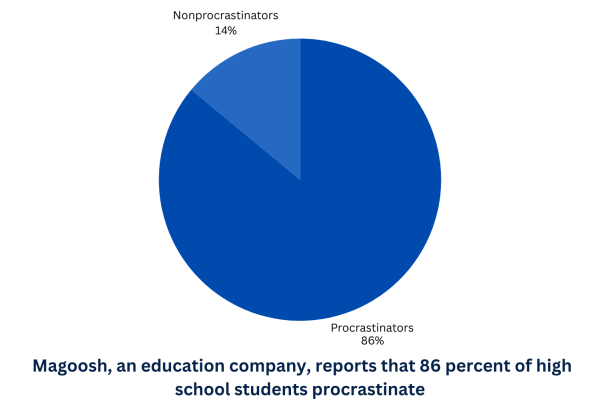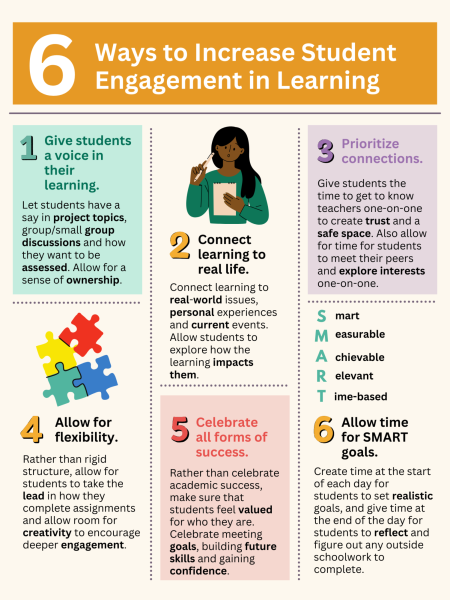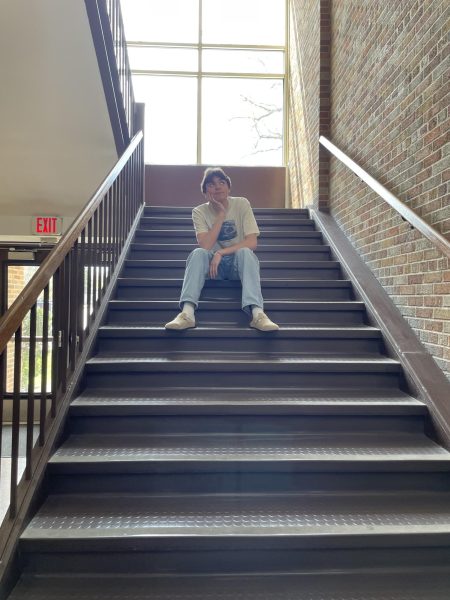The Privileged Tourist’s Dilemma

Even though posting about service trips on social media spreads awareness, it doesn’t do enough and comes off as self-centered.
Growing up in privileged areas all my life, I have been taught to use my resources in order to help others in less fortunate areas. We were always shown photos of starving children in Africa or people displaced by wars in the Middle East and told to donate pocket change for them since the time we could collect allowances. I distinctly remember collecting change for a missionary school in Zimbabwe when I was in pre-K.
As a naive child, I saw no underlying issues with my donations and my thoughts and my prayers for these people in these foreign countries. Throughout my teenage years, I have been urged by several different organizations and outlets to go to these countries to do good as a “way to experience the world.” Now I am faced with a moral dilemma:
Am I going abroad to volunteer to help those in need, or am I doing it out of my own selfish want of traveling the world?
Looking back on my days of youth volunteering, the memories are now shrouded in the toxic mentality that is dubbed “white knight syndrome.” This term is commonly used by those in the volunteering community in reference to people and organizations who see it as their duty to raise the standards of living in certain impoverished areas in order to “save” the people there. This outlook puts people on a pedestal and suggests that we were “saving the poor children” in “country XYZ.” We have frequent discussions about the phrase in Caring for Cambodia, a club that I’m heavily involved with.
The white knight volunteering mentality — which gained traction in the early 2000s with celebrities who would go on service trips to boost their media image — has given way to a new trend in the 2010s: voluntourism.
By definition, “voluntourism” is exactly what it sounds like: “the act or practice of doing volunteer work as needed in the community where one is vacationing,” according to the Merriam-Webster dictionary. In the age of staying woke, privileged people feel guilty going on lavish vacations at fancy resorts while people are on the next street over begging for food.
But, there’s one thing that voluntourism doesn’t have that an impactful service trip does: intention.
I have seen so many voluntourist trips in our community. These trips will go into some developing country where they will construct a project that seems perfect on the outside but has trouble being maintained.
For example, you can build a schoolhouse for children in Kenya, but did your organization also provide adequate teachers to teach and grow the school?
Voluntourism is volunteering but for show. It’s one of those things that makes you feel less guilty for going on a five-star vacation because you’re “helping the less fortunate.” And the main thing with voluntourists and white knights is that they just need to show everyone that they’re doing good.
I see voluntourists in our community on social media. Selfies with children in a third world country with the caption “they own my heart” only goes so far when you openly say how “dirty” and “impoverished” these children are when you return home.
That’s an extreme example, but it’s one I see too often in our community. Yes, the people you’re helping on a service trip are different than you. Yes, they live in different circumstances than you. But commenting on their conditions in a negative light and saying how you “raised their standard of living” negates everything you just did on the trip.
What is there to do about it?
Honestly? Not a lot.
See, as volunteers, we’re put into the mindset that we are there to help those who are less fortunate, so of course we comment on how our service makes us feel “good inside.”
A tip that I find helpful is to break down the barrier between the volunteers and the people receiving the service. By treating these people like actual human beings and not just a prop for your Instagram post, you’re already moving in the right direction.










Simone • Feb 19, 2020 at 3:02 pm
This is definitely an important story to cover! I really appreciate all the time and thought that went into this perspective. One thing I’d like to highlight is the goal for a country to be self-sufficient. It’s incredibly harmful to have a community dependent on short-lived and often ineffective acts of volontouring. The end goal should fundamentally be eradicating the need for volunteers right? Furthermore, it should be a priority to empower people to act independently. Maybe instead of spending thousands of dollars funding a volunteer trip for an individual person to gain short-lived volunteer experience, instead encourage people to donate to established organizations in that country that are actually working with those people to do the work. Sometimes the money spent on these trips can actually feel quite egoic when it could likely serve a better purpose. Also would like to say we’re all just trying to be good humans so not dismissing anyone’s effort to help. The desire to help is fundamentally good. It’s just important to consider a situation holistically. Good discussion Cali! These conversations need to happen.